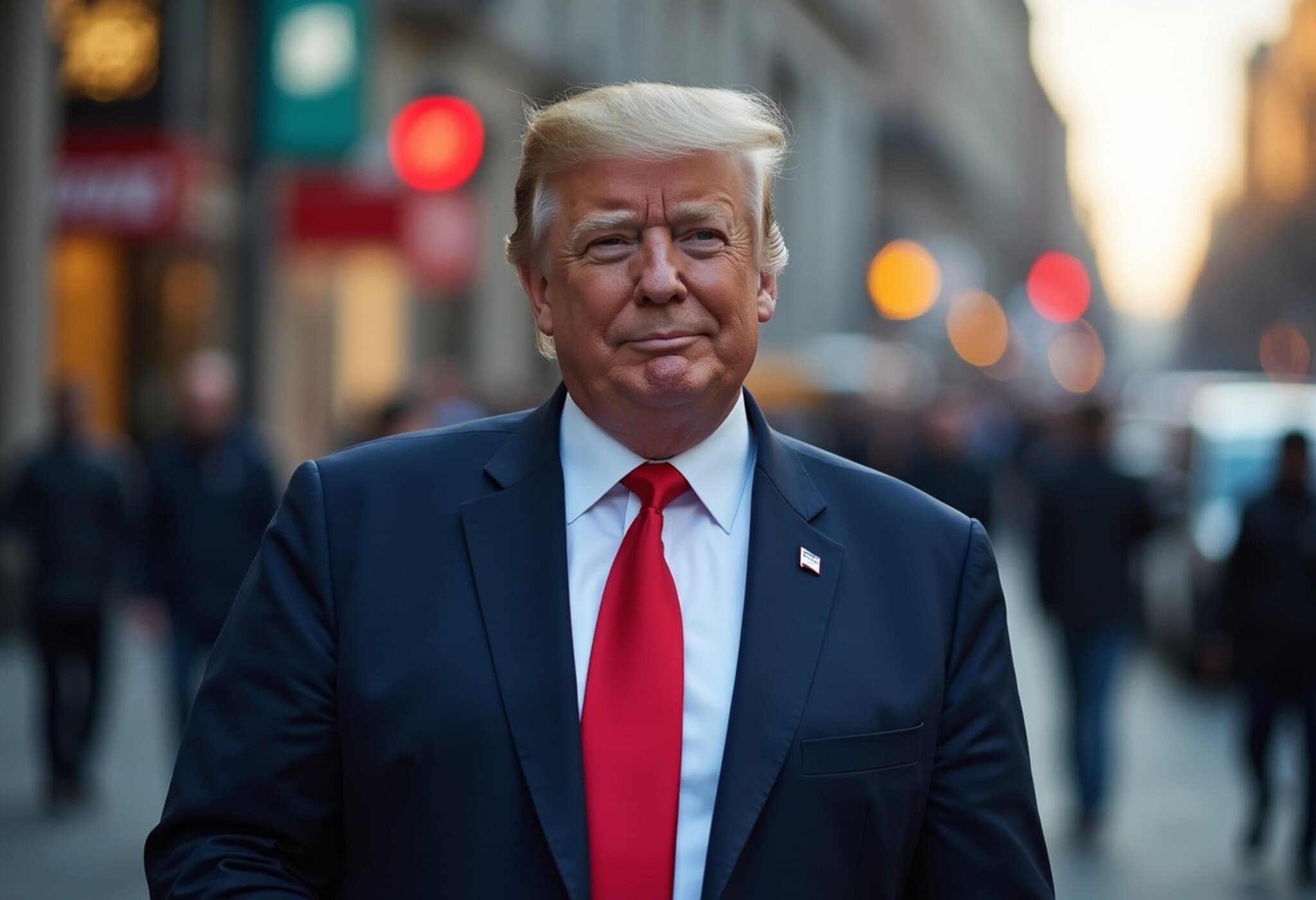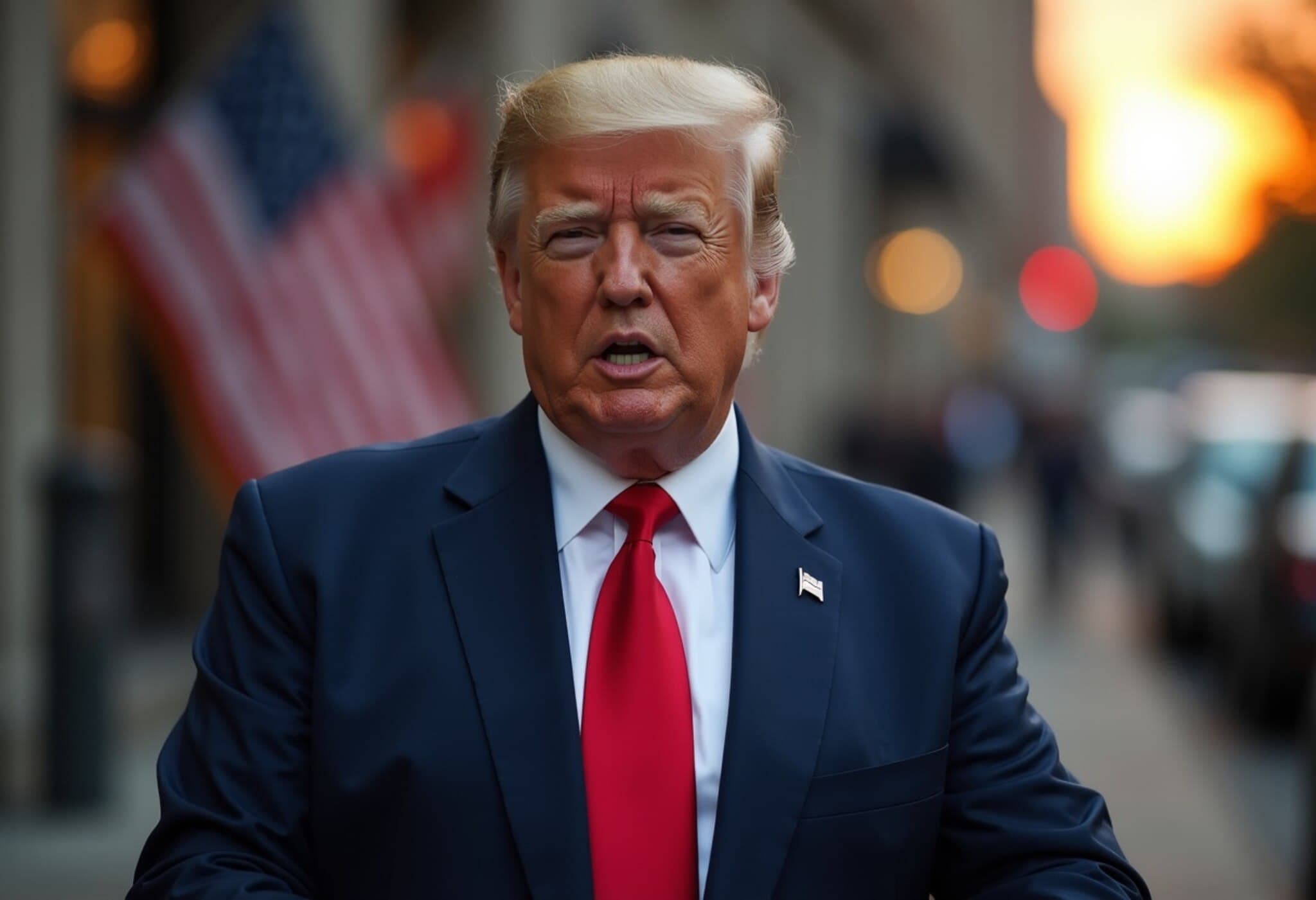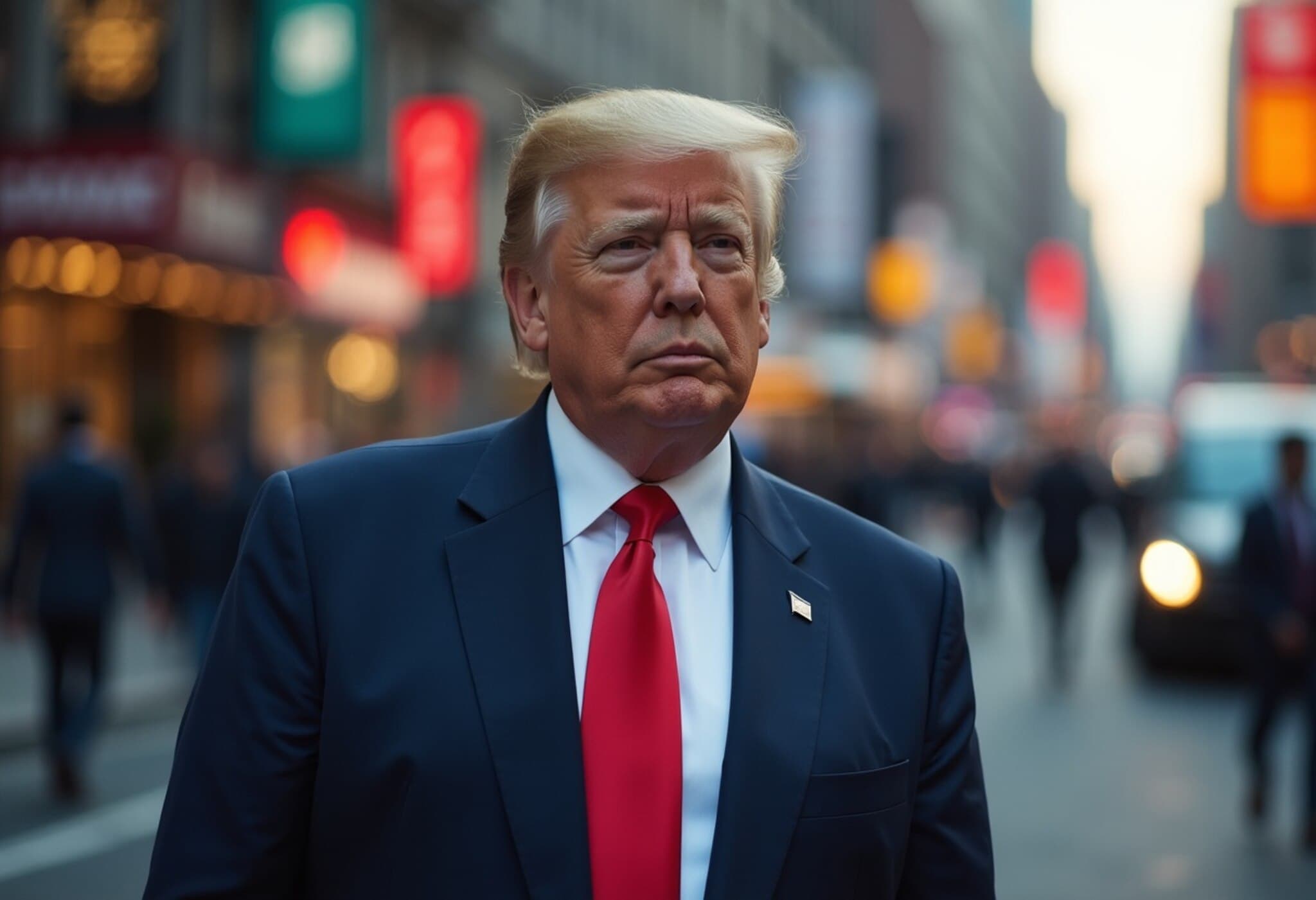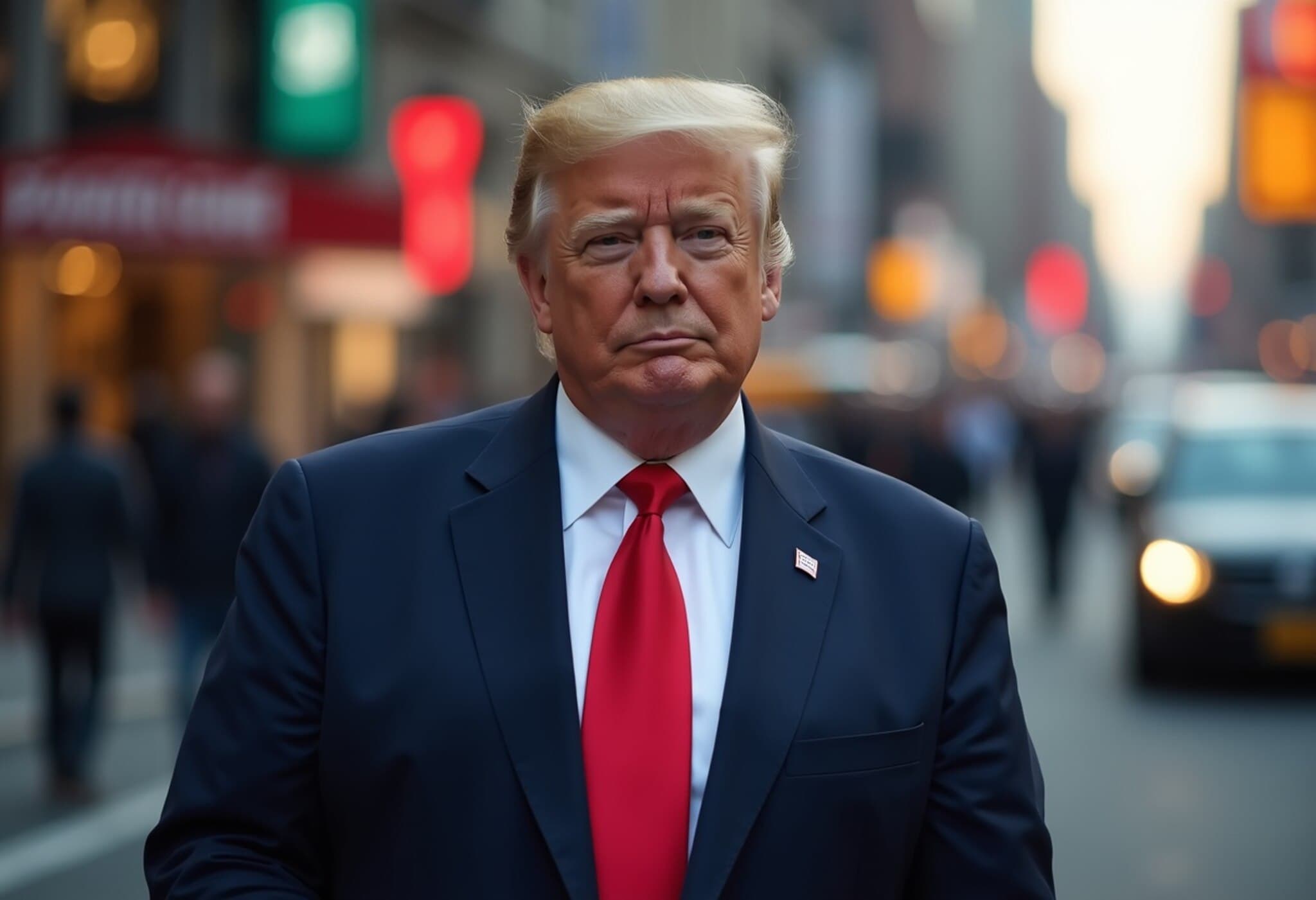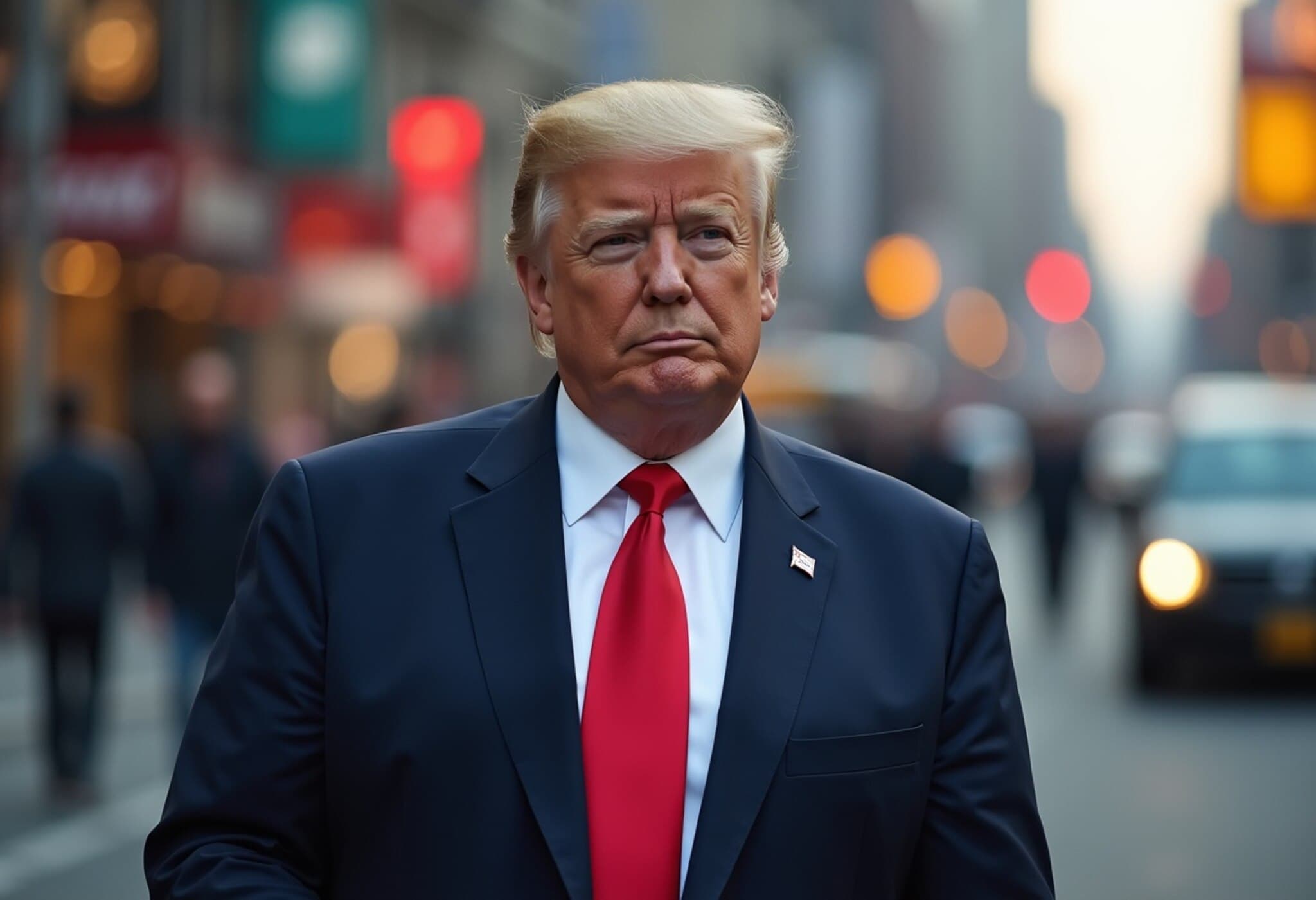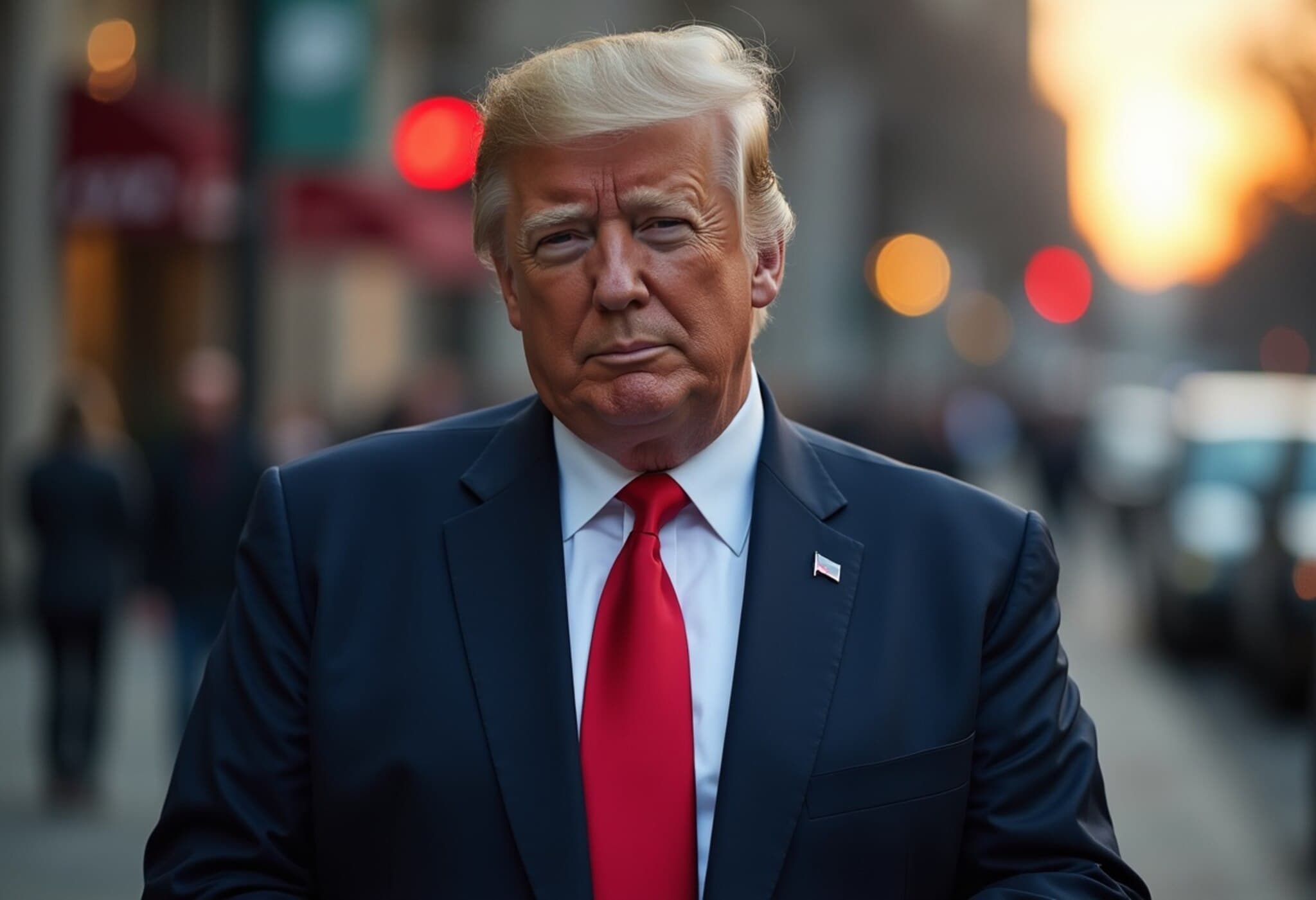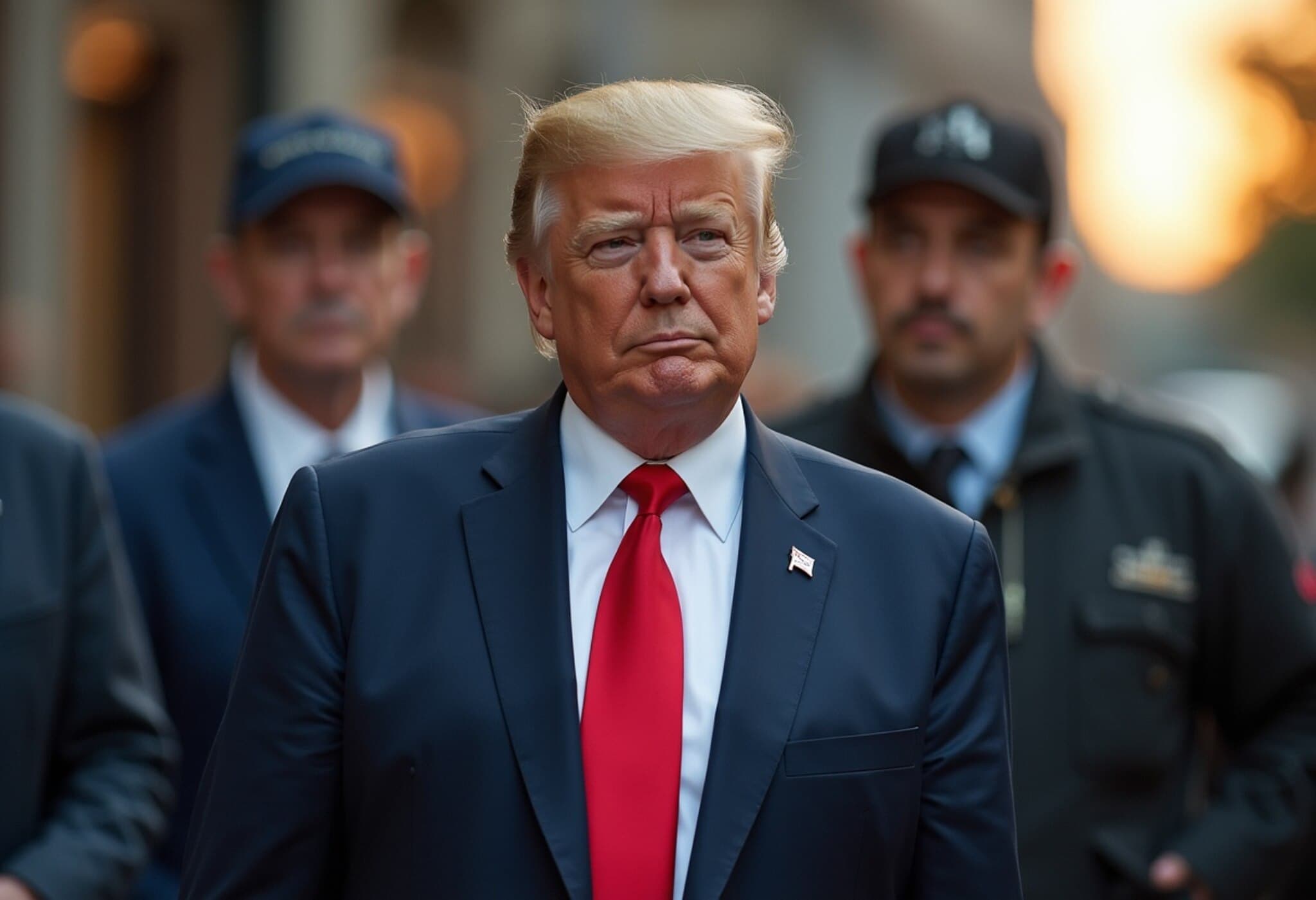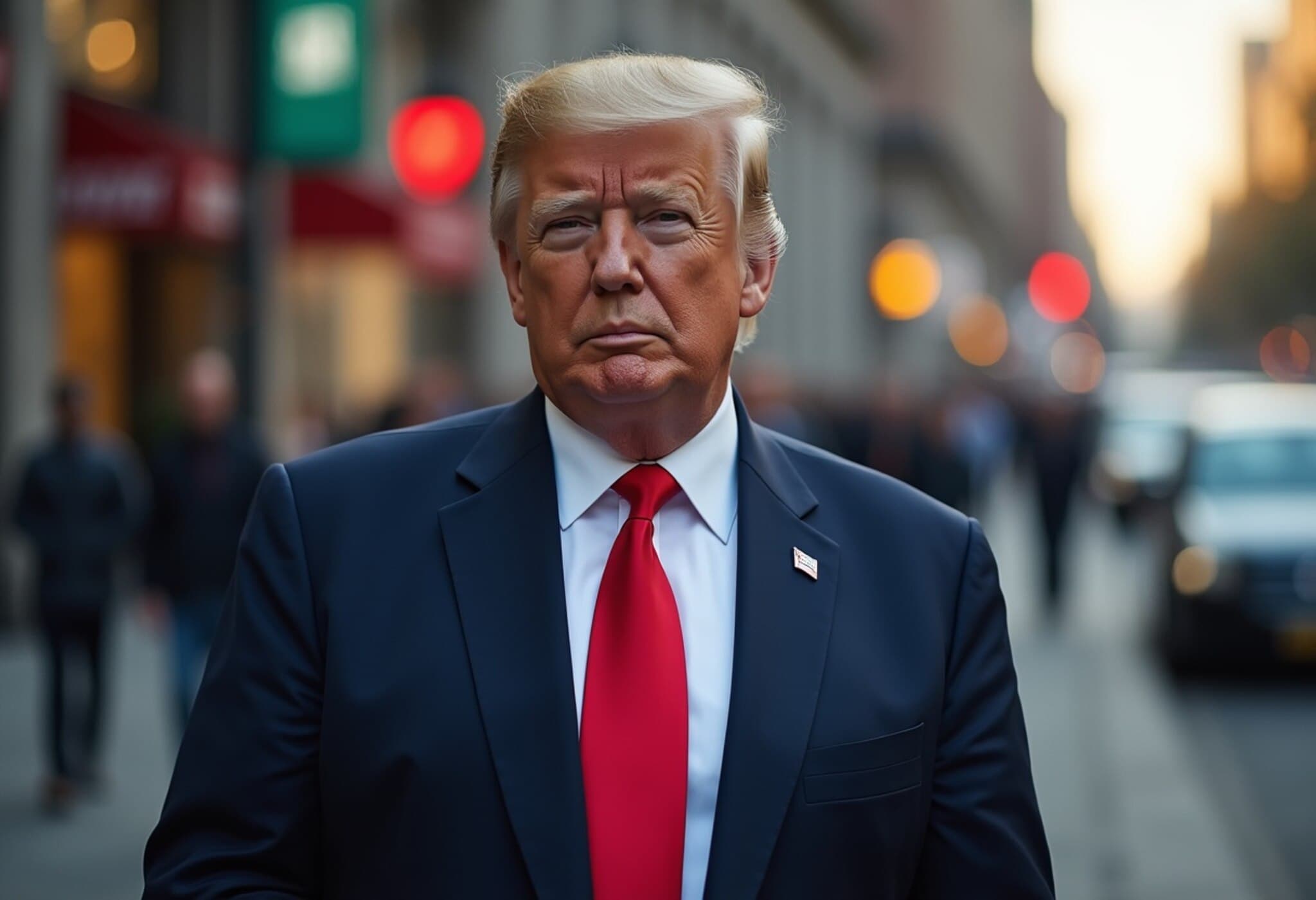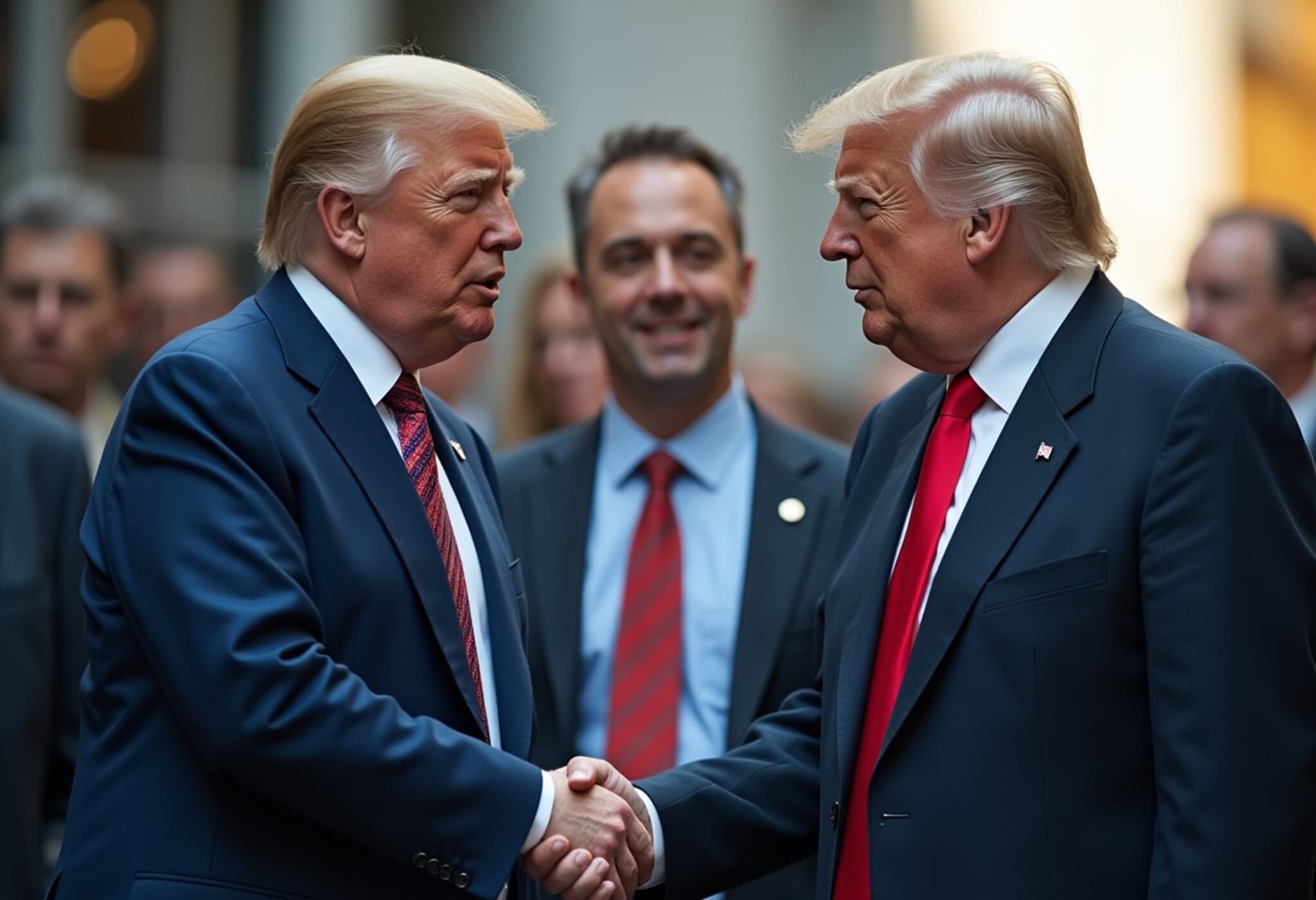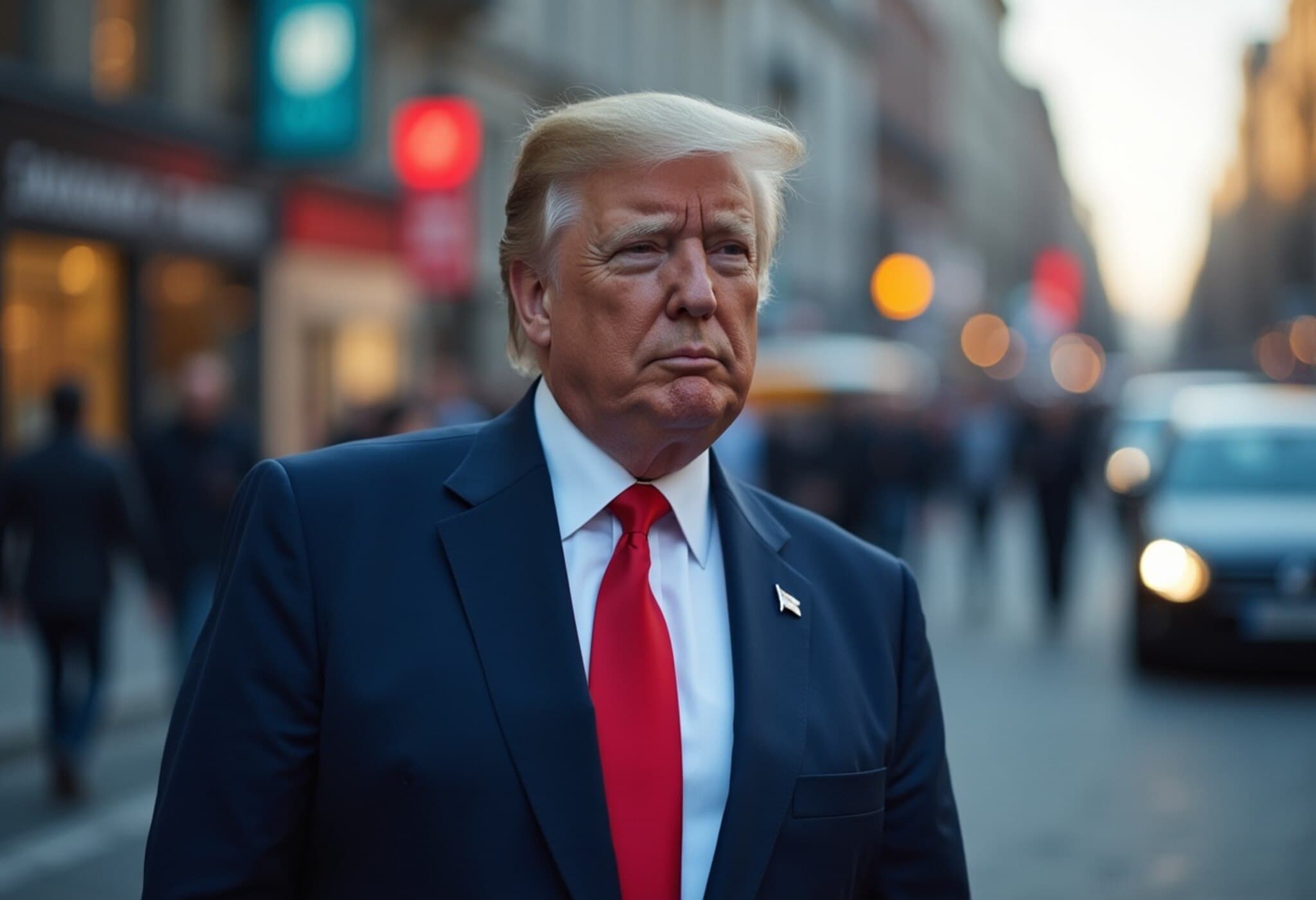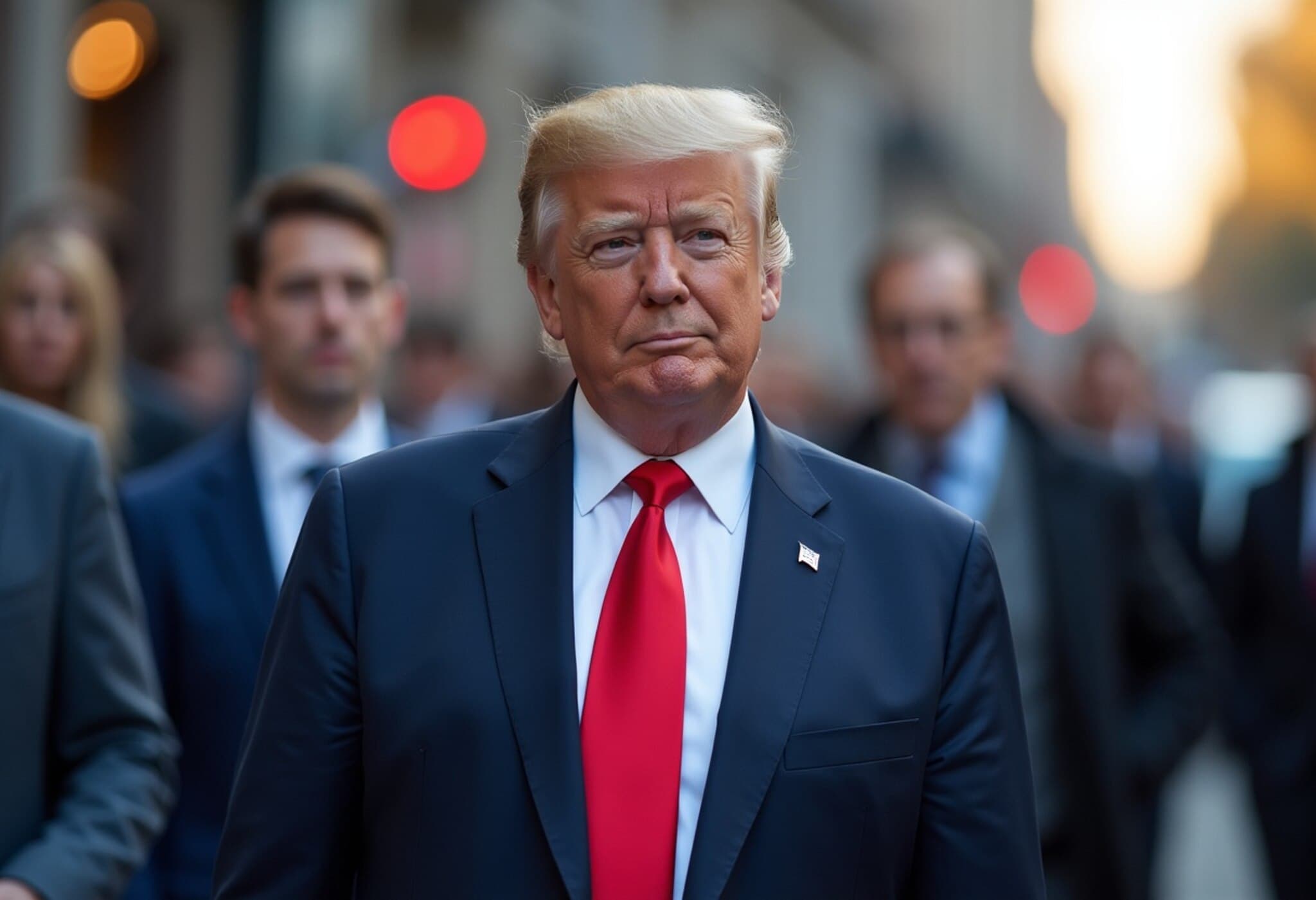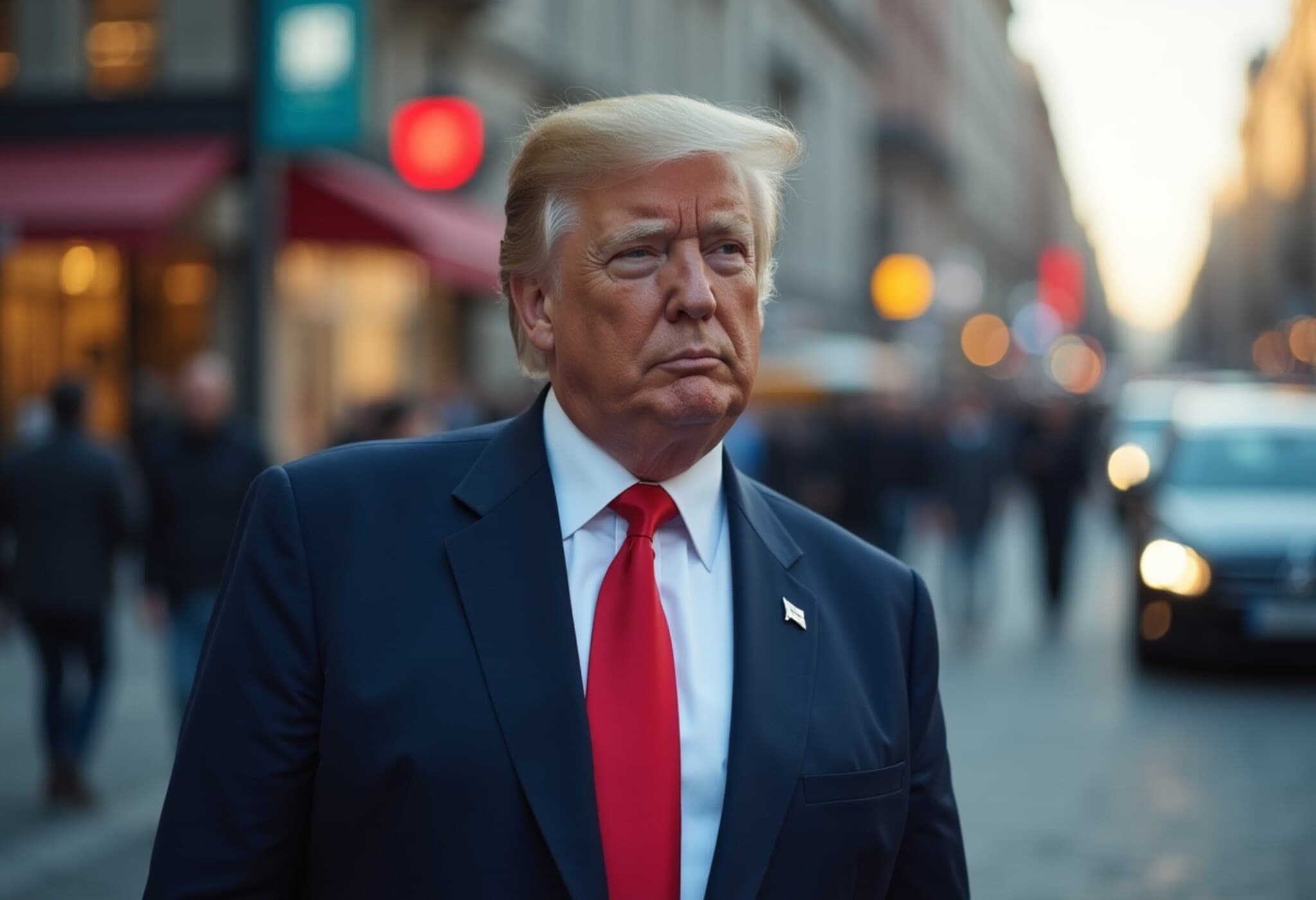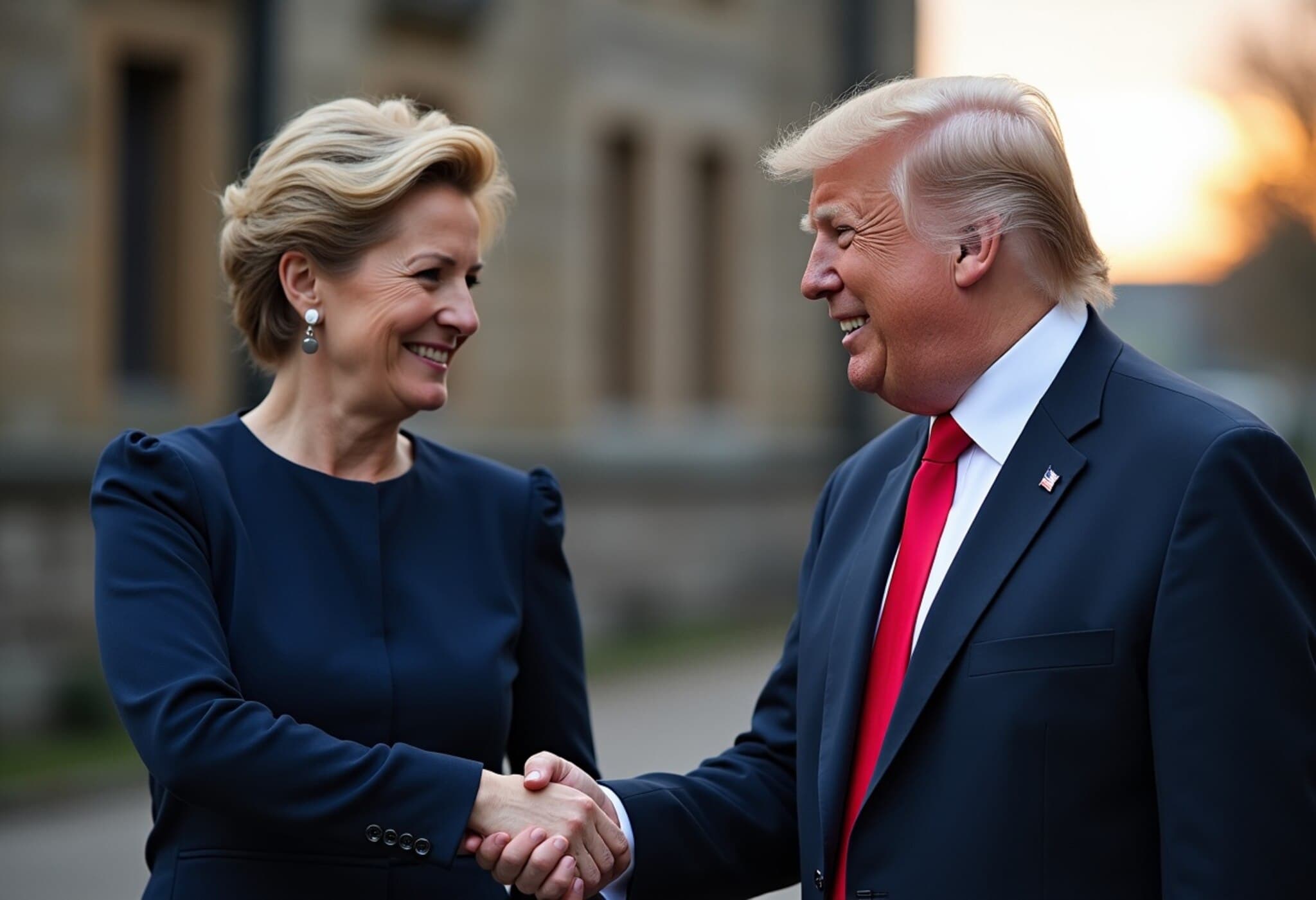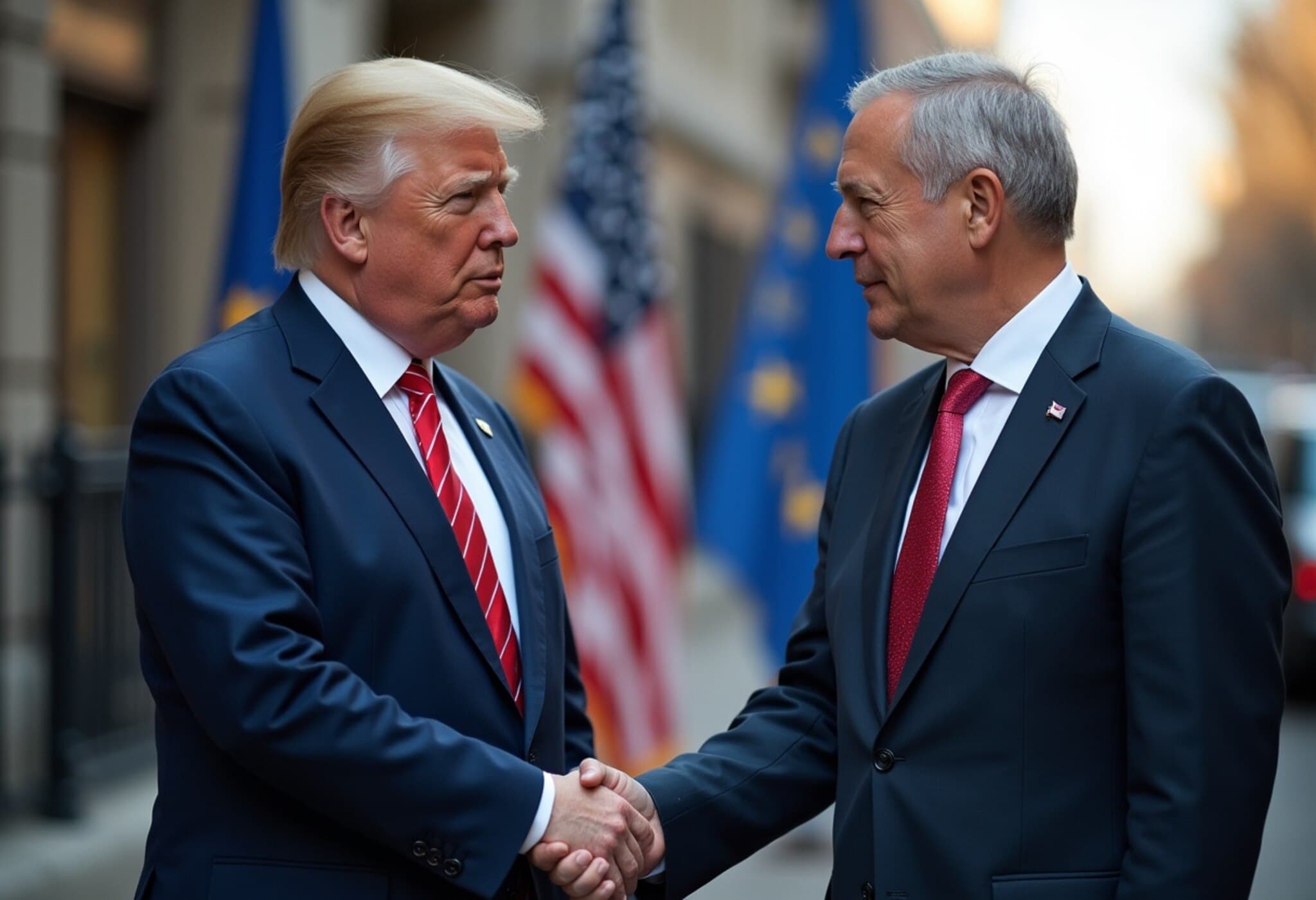European Union Scrambles to Dodge Punitive Tariffs Following Trump's Extension
The European Union is navigating a critical juncture in its trade relationship with the United States as it races to secure exemptions from newly imposed tariffs. President Donald Trump’s recent decision to extend the deadline for a 10% tariff on certain EU goods from July 9 to August 1 has given Brussels a brief, yet invaluable, window to negotiate relief, particularly on key products such as aircraft, aircraft parts, and the lucrative wine and spirits sector.
Background: A Tense Trade Standoff
Trade tensions between Washington and Brussels have escalated over the past year, with the US imposing steep tariffs—up to 25% on automobiles and car parts and 50% on steel and aluminium. The EU's response has involved retaliatory tariffs on over €21 billion worth of American goods, targeting politically sensitive industries in key US states like Louisiana and Kentucky. Now, the looming 10% tariff marks another chapter in this fraught transatlantic trade saga.
Why the 10% Tariff Matters to the EU
For the EU, the 10% tariff—set to be enforced beyond August 1 unless an agreement is reached—poses a significant economic threat. The affected sectors, including aerospace and luxury beverages like champagne and whisky, are critical not only for the EU’s economy but also for maintaining jobs and market share globally. An inability to secure exemptions could ripple across industries, depressing exports and triggering wider market instability.
Current Negotiations: What the EU Wants
According to insiders familiar with the discussions, the European Commission is pushing hard for partial exemptions within the framework of a preliminary agreement. These concessions are expected to cover:
- Aerospace products, including aircraft and crucial components.
- Wine and spirits, vital to European exporters and cultural trade heritage.
- Pharmaceuticals and semiconductors, sectors central to technological innovation and public health.
Brussels is also advocating for quota systems and expanded tariff relief to soften the impact of the broader 25% and 50% levies on vehicles and metals, highlighting the risk these tariffs pose to thousands of European jobs and the broader transatlantic supply chains.
The Stakes: Economic and Political Ramifications
Failure to finalize even a temporary agreement could push the EU into full-scale punitive tariffs from the US, potentially triggering a trade war that disrupts global markets. Both sides face immense pressure: while the US aims to protect domestic industries and counter EU subsidies, the EU seeks to safeguard its exports and maintain market access.
EU’s Retaliatory Measures and Political Leverage
In anticipation of Biden administration or Trump-era trade escalations, Brussels has already implemented tariffs targeting sensitive American goods valued at over €21 billion, including commodities such as soybeans and poultry, as well as industrial products like bourbon and motorcycles. The EU’s strategy reflects a readiness to leverage economic pressure on politically important US regions, signaling that any escalation could have electoral consequences.
Market Response: Cautious Optimism Amid Ongoing Uncertainty
Stock markets responded positively to Trump’s deadline extension, with European and Asian markets recording gains while Wall Street exhibited caution. Investors interpret the extension as a tactical move aimed at encouraging negotiations but remain wary of the long-term trajectory of US trade policy.
Expert Perspective: What’s Next?
Trade experts advise that while this temporary reprieve is welcome, a comprehensive, legally binding trade deal is necessary to ensure predictable and stable transatlantic commerce. With midterm elections approaching in the US, and the EU’s economic recovery still tenuous, the political and economic stakes couldn't be higher.
Editor’s Note
The unfolding EU-US tariff negotiations underscore the delicate balance between protectionism and global trade cooperation in an increasingly fragmented world economy. As Europe races against the August 1 deadline, questions linger: Will temporary exemptions translate into a lasting trade framework? And how might domestic politics on both sides of the Atlantic shape the outcome? For businesses and consumers alike, the stakes are profound—making it essential to follow these developments closely.

